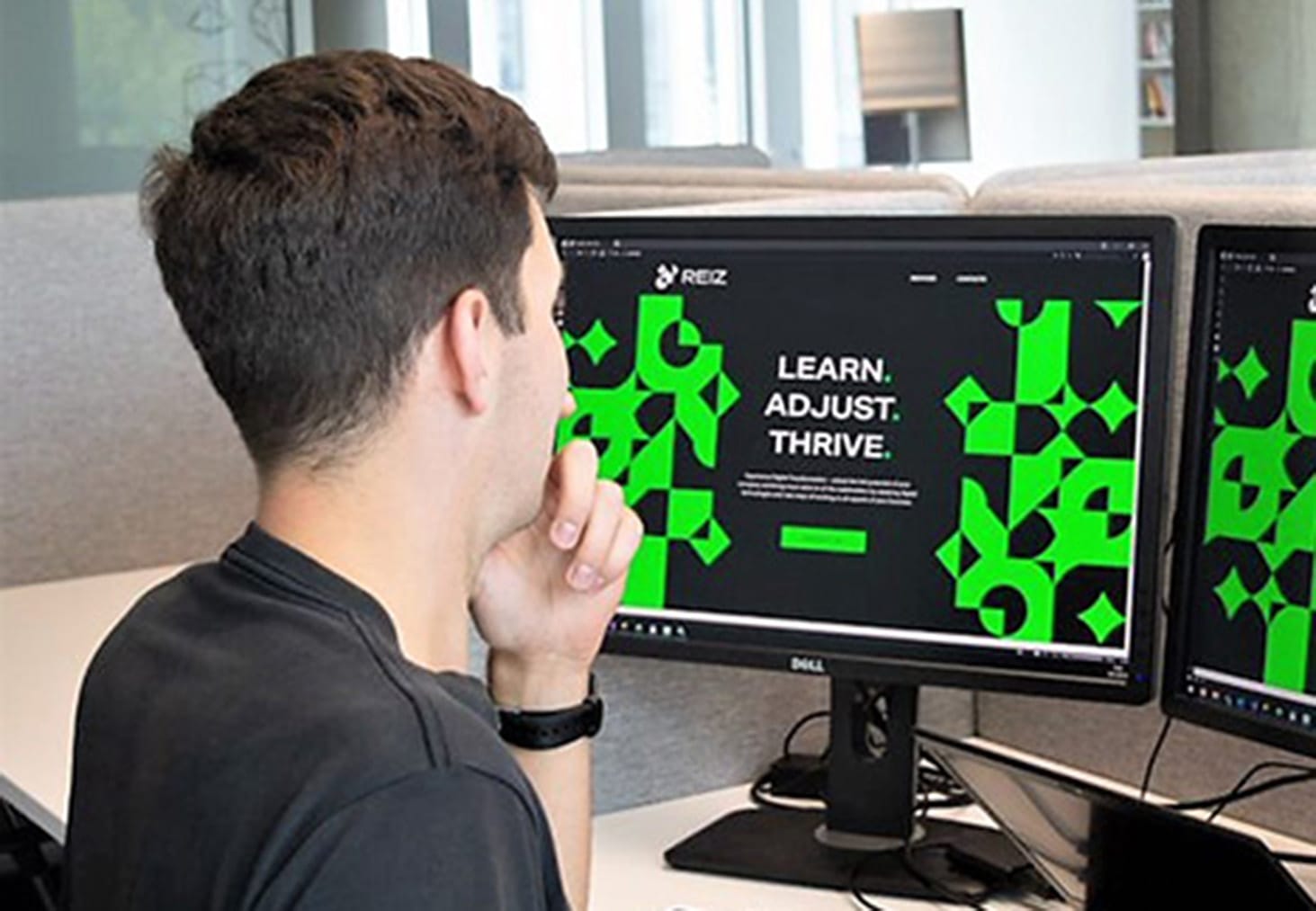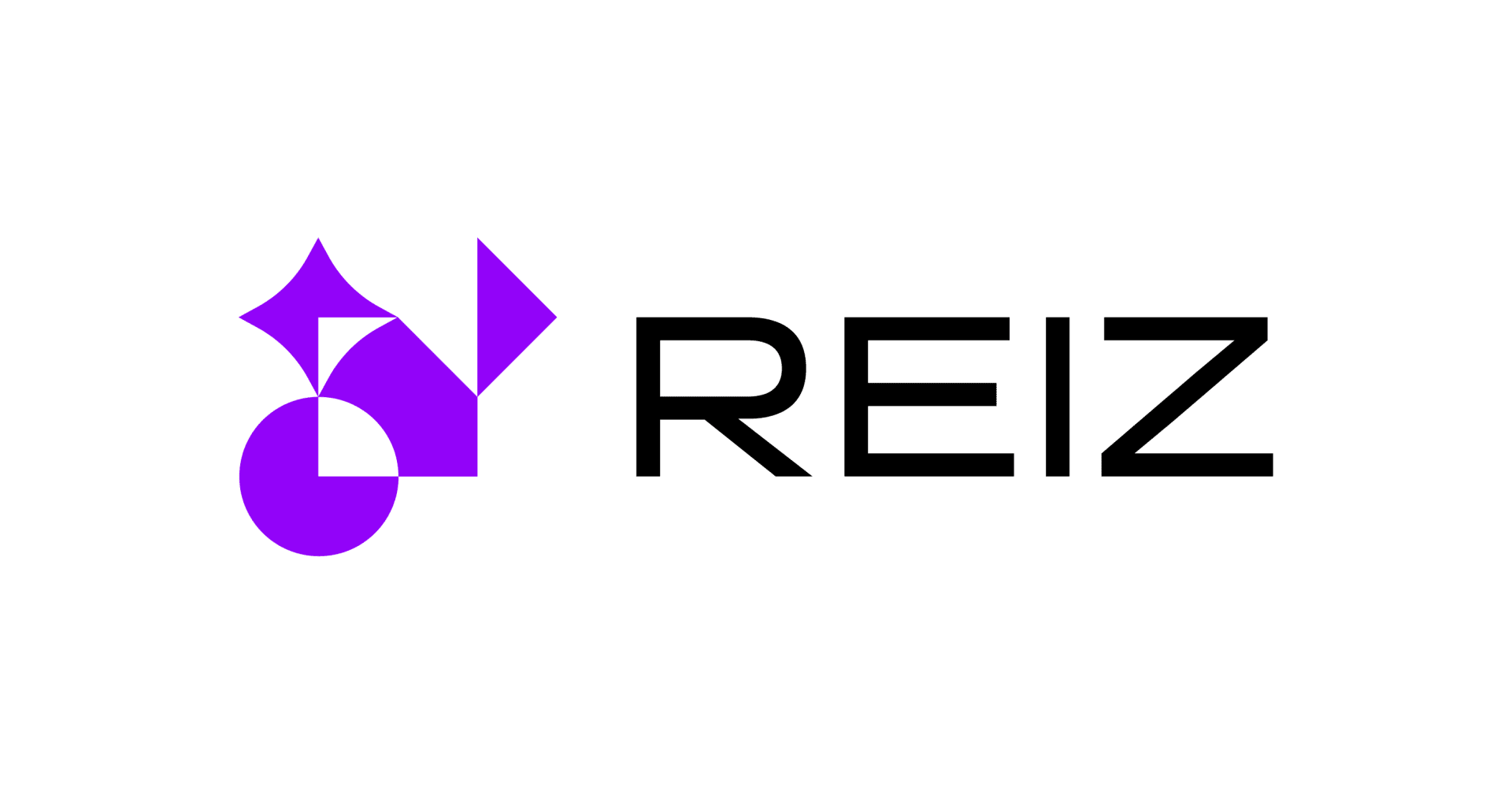The basics.
Ever since I started this journey of self-discovery a huge hurdle was doing all the things that I wanted. This part is obvious, and likely a lot of people struggle with getting stuff done. For me, this is an especially hard part that I would love to improve. I've noticed that I enjoy doing a lot of random things for short periods of time, get invested immensely, have plans of doing great things, but always fall short without having achieved anything substantial. The worst part is releasing this but being unable to fix all of these bad habits that plague my ability to actually complete any large project. I have piles of them that have been started and never finished. All this is extremely demoralizing and makes me feel incompetent like I waste my time doing stuff without having anything to show for it. So, this part had to be changed and corrected first.
I watched countless productivity videos, read articles, books, and anything I could get my hands on just to find some type of system that would help me achieve all that I wanted. I have tried a lot and nothing seemed to stick. I feel like something is wrong with me, that it is my fault that a particular productivity system doesn’t work and if I spend more time researching and implementing a good step-by-step system, I could finally do all the things I wanted. I believe I was wrong with this assertion and finally found something that could actually help me.


